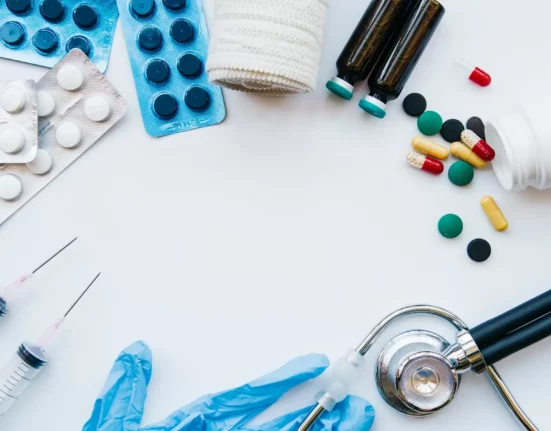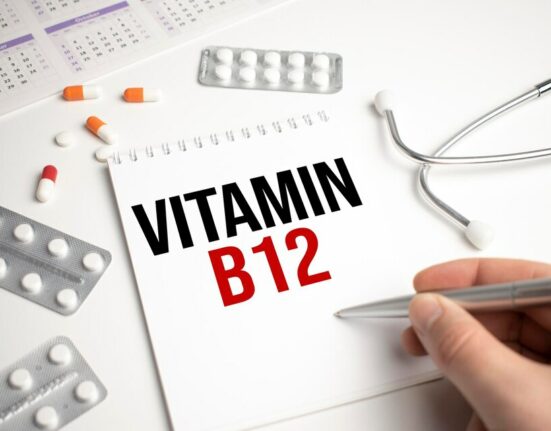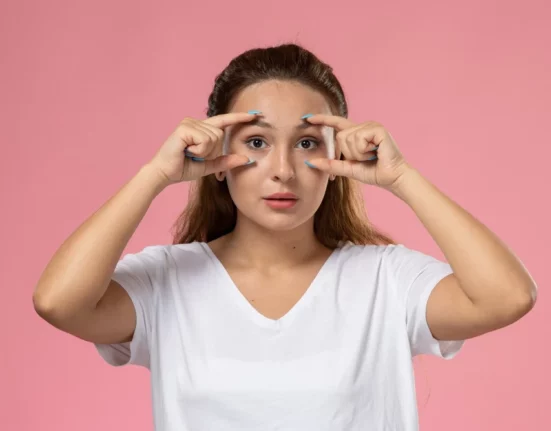Generally, aging is what happens to our body physiology over time. Skin aging is a natural process that occurs at the cellular level, involving changes in the structure and elasticity of the skin over time. It is natural to experience aging because it is a part of our lives.
As the body cells mature, which can be during psychological, social, and physiological processes, it loses its potential for renewal. Skin aging is a major form of the aging process of the entire body. It may be in the form of fine lines, wrinkles, irregular texture or tone of the skin, spots of age, and loss of elasticity and firmness of the skin. Such skin aging is caused by intrinsic and extrinsic influences.
The intrinsic factors involve each individual’s genetic makeup, which can not be changed. Extrinsic variables include smoking, diet, exercises, sleeping habits, and damages caused by the sun. In order to slow the aging process, certain habits are to be modified.
What are the signs of aging?
Common visible signs of aging are:
- The skin becomes rougher.
- Like benign tumors, the skin develops lesions.
- The skin turns slack, and with age, the loss of elastic tissue (elastin) in the skin causes the skin to hang loosely.
- The skin becomes more translucent.
- The skin gets more brittle and tender.
- The skin bruises more quickly.
- In the cheeks, jaw, nose, and eye area, loss of fat below the skin can result in a loosened skin texture, sunken eyes, and skeletal appearance.
- Oftentimes after age 60, fat loss, mainly around the mouth and chin, may become noticeable and cause the skin around the mouth to pucker.
- Cartilage loss in the nose causes the nasal tip to droop and the bony structures in the nose to become accentuated.
Effective anti-aging tips
Here are some exceptional anti-aging techniques that work very effectively:
-
Use a mild cleanser
The aging process can be accelerated by over-cleansing your skin, and the oily creams used to fight dryness can cause breakouts. Using a soap that’s too rough for the skin, drying it out, and then reaching for strong moisturizers is one of the common errors. There are also ways you can carefully wash your hands and other parts of your body including the face. The mildest cleansers are actually the most powerful cleansers.
-
Reduce your stress
Not only do stressful conditions impact your mental health, but they are also the cause of releasing some hormones that in turn result in aging effects. You may not be able to fully escape these conditions, but by meditating, exercising, and making some deliberate changes in your life, you can certainly reduce the after-effects.
-
Hygiene
Making healthier decisions such as cleanliness and good dieting would certainly impact on how you look on the outside in your everyday lifestyle. You can help keep your skin safe by drinking a decent amount of water during the day. Clinical nutrition is the secret, so it will make a lot of difference if you adopt a balanced diet by loading up with fresh foods, omega-3 fatty acids, and proteins as well as reducing sugar and salt consumption.
-
Increase your intake of vitamins
In our everyday lives, vitamins play a crucial role. The antioxidant compounds available in vitamin C and vitamin E are anti-aging and thus play a beneficial role in our diet. Vitamin C is also a crucial ingredient in many anti-aging drugs since it forms an essential part of collagen, a protein responsible for preserving skin elasticity. Whereas in nuts such as almonds, pumpkin seeds, and hazelnuts, Vitamin E is easily contained. So work on adding these to your diet.
-
Drizzle some honey
Honey will help plump your skin and preserve a young appearance. This tasty treat is a natural moisturizer, which means it attracts water. Honey helps to make the skin appear flexible and hydrated as the application of honey brings water to the surface.
6. Eat healthy fats
Recent research indicates that enjoying enough healthy fat will enhance your cardiovascular health, boost circulation, and keep your skin looking young, while past generations skimped on dietary fat whenever possible. It’s very important for the skin to eat loads of healthy fats.
-
Sleep it off
Our bodies heal, detoxify, and hormones are regulated as we sleep. The regeneration of our skin cells helps to reduce puffiness and dryness around the eyes. A correct sleep pattern helps to improve circulation, especially around the eyes, and also helps to relieve tension, slowing down the process of aging.
-
Avoid smoking
In the form of puffy eyes, wrinkles, stained teeth, and premature skin aging, this habit takes a significant toll on the appearance. As cells become hungry for oxygen and nutrients, cigarettes and tobacco can make you look sick and old and accelerate the aging process.
- Avoid hot showers
It could be soothing to have a steamy shower, but unknowing to you, it saps vital moisture from your skin, making you look older in the process. Stop hot showers and baths; more than anything else, they dry the skin out.
- Avoid harsh scrubs
Treating your skin tenderly will make your skin glow. Avoid harsh scrubbing, it wears out the skin.
- Drink less alcohol
If you would like to look younger, the way to go is to drink less alcohol. You age faster when you take alcoholic drinks.
- Use sunscreens
Ultraviolet rays cause skin aging faster than other factors. So make sure that you apply a wide spectrum sunscreen or physical sunscreen half an hour before leaving the house, even in cloudy weather and during fog, since during this weather the strength of ultraviolet rays increases. When applying sunscreen, make sure you cover every part of your face and neck.
- Try using a humidifier
Using a humidifier can benefit you a great deal, both inside and outside. In order to avoid dryness that can cause discomfort in certain areas of the body, humidifier therapy adds moisture to the skin. To treat dryness of the skin, nose, throat, and lips, humidifiers may be especially effective. Any of the effects caused by the flu or common cold may also be relieved.
- Apply anti-aging night creams
With over-the-counter retinol, vitamin C, hydroquinone, or alpha hydroxy acids, add a strong anti-aging cream into your skincare regimen. Usually, anti-aging creams are used at night because they can make you sun-sensitive. Retinol is a type of vitamin A that can increase cell turnover, prevent and boost the development of collagen breakdown. Vitamin C is an antioxidant that tends to make the skin look plump by decreasing the development of fine lines and wrinkles as collagen in the skin increases.
Hyaluronic acid is a molecule made up of sugars naturally formed by our bodies. You keep the skin more hydrated when you put hyaluronic acid back into the skin, which helps keep the skin tight, supple, and reduces the development of fine lines. While applying night creams, it is important to carefully follow the instructions.
Take a very small amount of night cream or a quantity of pea size and mix it and add all your freshly washed face at bedtime with a moisturizer. If you are pregnant, lactating, or considering conceiving, night creams are a total no, and they can only be started after consulting a dermatologist.
Also, before applying the night creams on your face, don’t forget to sanitize your hands properly.
- Exfoliate regularly
On a regular basis, our skin sheds dead cells, forming a new layer every 28 days. But over time, the process can slow down, leading to a dull-looking complexion and rough patches. Exfoliating your skin regularly will give your skin a glowing appearance.





